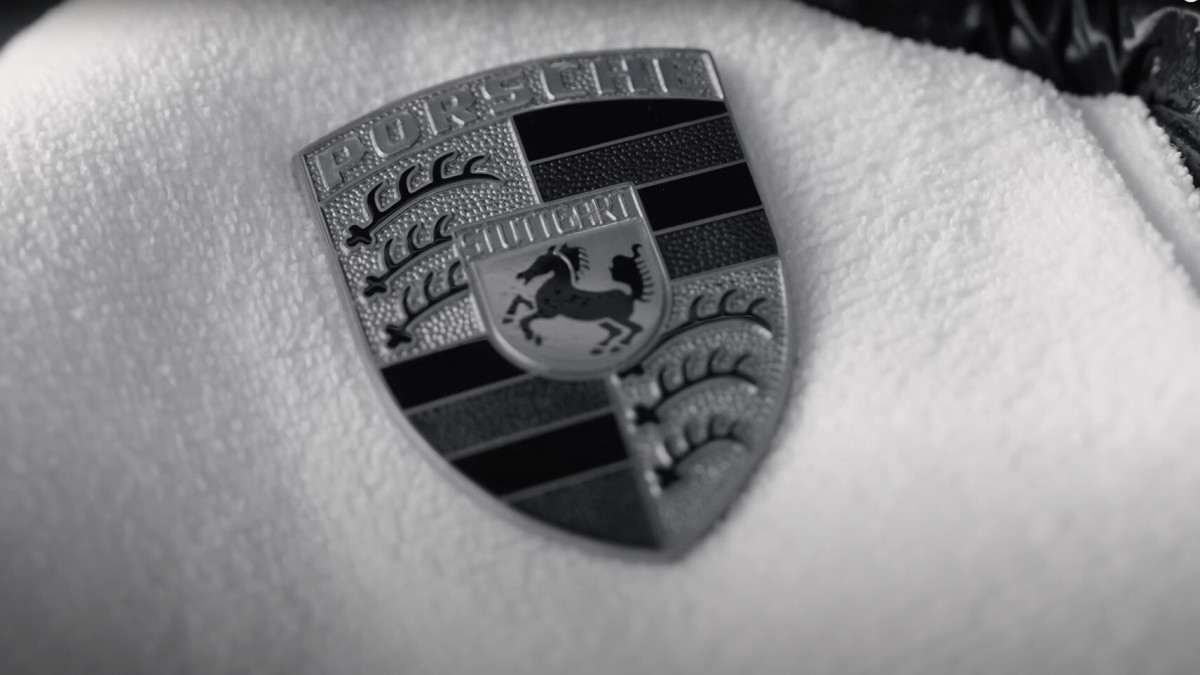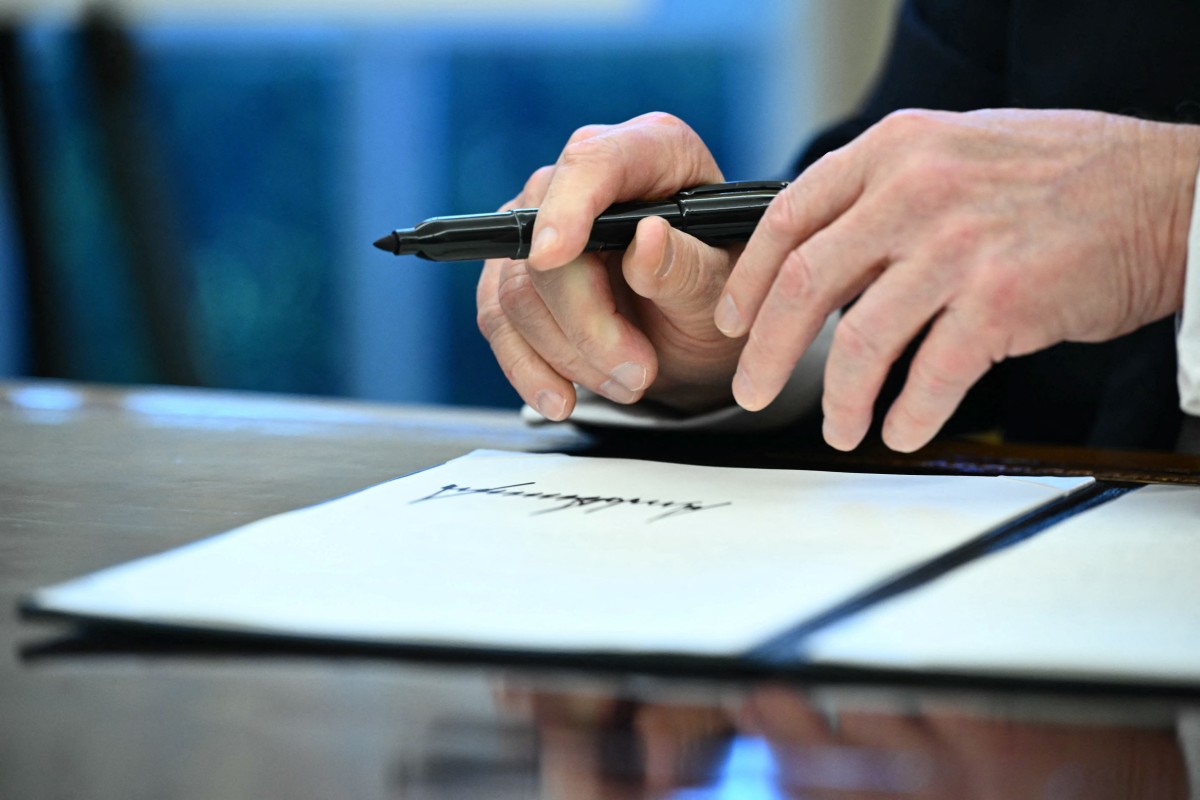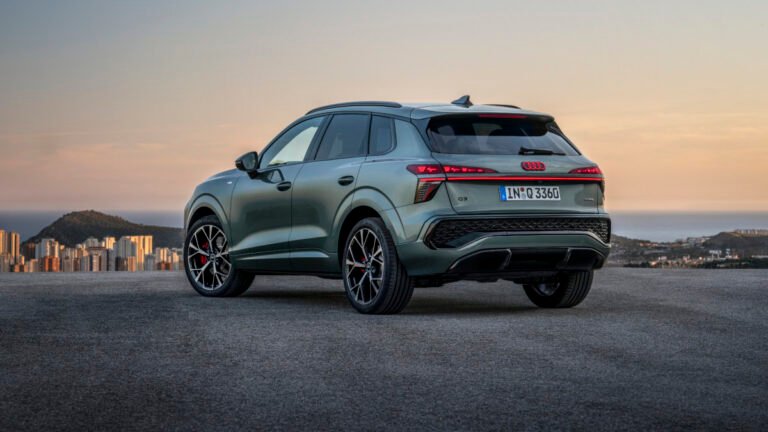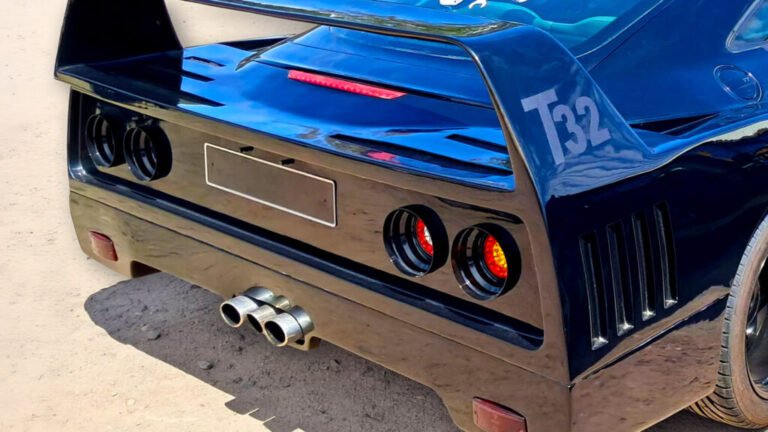Hopes Of A Deal Are Fading Fast
One of the biggest promises of President Donald J. Trump’s electoral race was to impose tariffs on foreign imports, and shortly after he was inaugurated for the second time, “tariffs” quickly became one of the buzzwords of his presidency. When it comes to cars, just about anything produced outside of American borders is going to get a lot more expensive, and due to vastly complex international supply chains, even domestically produced products could be impacted. But there was a glimmer of hope that the president would change – or at least soften – his stance against America’s allies in Europe. European Union leaders had publicly expressed this expectation, citing a history of cooperation. However, as the July 9 deadline for tariffs to be further increased approaches, hope is fading, reports Reuters.
The U.S. Is Already Reaping Tariff Income
The publication spoke to an anonymous official who reportedly noted that hopes of relief are fading faster now that tariffs have come into effect: “10% is a sticky issue. We are pressing them, but now they are getting revenues.” A second source reportedly said the EU still would not accept the baseline rate but acknowledged that it would be difficult to change or abolish the measure. The European Union has also publicly declared that it would not accept double-digit tariffs as the United Kingdom has, but U.S. Commerce Secretary Howard Lutnick has ruled out the idea of any tariffs being lowered under the 10 percent baseline. What makes this worse is that the tariffs don’t only apply to finished products; steel and aluminum from Europe face a 50 percent tariff, and that doesn’t even include the standalone 25 percent tariff on foreign cars. The good news is that Europe, with a trade surplus of $236 billion with the U.S., needs to continue doing business with the largest economy in the world, so your local BMW dealer isn’t closing up shop anytime soon. An EU official is quoted by Reuters as saying that the 10% baseline rate would “not massively erode competitive positions, especially if others receive the same treatment.” And although hope of a compromise is fading, it hasn’t been extinguished just yet.
Officially, The Fat Lady Has Yet To Sing
Porsche
As noted by CarScoops, European Commission President Ursula von der Leyen has confirmed that negotiations are still underway, despite President Trump’s assertion earlier this week that the EU hadn’t been fair thus far. “We’re talking, but I don’t feel that they’re offering a fair deal yet,” said President Trump. “They’re either going to make a good deal or they’ll just pay whatever we say they have to pay.” Von der Leyen said, “It’s complex, but we are advancing – that is good – and I push hard to pick up more speed. So we are mixed in the negotiations, and we will see what the end brings.”
The United States government is adamant that its long-standing partners are benefitting more from the status quo than America is, and that mindset means that any price increases as a result of tariffs on EU imports will likely not be small. That said, automakers are working to find ways of absorbing as much of the financial strain as possible, and one way of doing that is by pushing sales of existing inventory with incentives and employee pricing offers.
Related: Mercedes CEO Has a Trump Tariff Deal That Could Reshape US-EU Auto Trade



